The source flows forever
For a long time, Bac Ninh - Kinh Bac has been known as the land of festivals, where the sound of festival drums and Quan Ho singing resonate throughout the four seasons. According to preliminary statistics, the whole province currently has more than 1,400 traditional festivals taking place all year round. This is an important resource contributing to promoting socio -economic development and nurturing the spiritual life of all classes of people.
 |
Palanquin procession in the autumn village festival in Dai Bai (Gia Binh commune). Photo courtesy. |
According to cultural researchers, Bac Ninh - Kinh Bac has two distinct festival seasons: spring and autumn. The spring festival starts from January 4th to the end of March, early April of the lunar calendar, which is the time when farmers are idle, so people have fun, pray for blessings, fortune, and peace after a year of hard work. The autumn festival has a solemn and sacred atmosphere and usually takes place in August and September of the lunar calendar when the countryside enters the resting period between two rice crops and at this time people devote their energy to the rituals of worship, expressing gratitude to the ancestors, which people still call "spring and autumn two periods".
| The autumn village festival in Bac Ninh mainly focuses on the ceremony with solemn rituals expressing the community's respect and remembrance for famous people and gods worshiped in the sacred space of communal houses, temples and pagodas. Through the incense offering and Saint worship rituals, the feats, virtues and careers of ancestors are reviewed, preserved and spread in the consciousness of the village community, arousing the precious moral tradition of "remembering the source of drinking water" of the nation. |
If the spring festival is bustling with bustling palanquin processions, performances, antiphonal singing, and bustling folk games, the autumn village festival in Bac Ninh is steeped in a solemn and tranquil atmosphere. Villages often open their communal houses, temples, and pagodas to hold ceremonies and offer incense to worship Gods and Buddhas.
Autumn festivals in Bac Ninh include: August 8 is the traditional Thi Cau festival; August 10 is the festival at Phuc Son communal house and Thanh Son communal house (Vu Ninh ward); August 12 is the festival at Lo Hanh communal house (Hiep Hoa commune); from August 12 to 14 is the festival at Pha Lai temple and pagoda (Phu Lang commune); August 20 is the festival at Long Kham village (Lien Bao commune) to commemorate Hung Dao Dai Vuong Tran Quoc Tuan; August 23 is the death anniversary of the founder of the bronze casting profession in Quang Bo (Lam Thao commune); September 8 is the festival at Dam pagoda (Nam Son ward); September 12 is the festival at Bo Da pagoda and the fire-making rope pulling competition in Yen Vi village (Tam Giang commune); September 29 is the death anniversary of the founder of the bronze casting profession in Dai Bai village (Gia Binh commune)...
The autumn village festival in Bac Ninh mainly focuses on the ceremony with solemn rituals expressing the community's respect and remembrance for famous people and gods worshiped in the sacred space of communal houses, temples and pagodas. Through the incense offering and Saint worship rituals, the feats, virtues and careers of ancestors are reviewed, preserved and spread in the consciousness of the village community, arousing the precious moral tradition of "remembering the source of drinking water" of the nation.
Like a mirror vividly reflecting the historical and cultural traditions of the homeland, each autumn village festival is a source of culture that flows forever... Amidst the modern pace of life, the sound of the autumn festival drum still resonates, reminding people today of a civilized Kinh Bac land, where culture and beliefs blend to create a unique character, contributing to enriching the cultural identity of the Vietnamese people.
Preserving the beauty of "spring and autumn"
The rituals in the autumn village festivals in Bac Ninh are still cherished and preserved from generation to generation as an indispensable part of the spiritual life of Kinh Bac people. Coming to the national relic of Lo Hanh communal house (Hiep Hoa commune) on the 12th day of the 8th lunar month, the anniversary of Duc Thanh's death, we witnessed a solemn ceremony performed by the funeral officials of the three villages of Cham, Chung and Khoat. The ancient communal house was built in 1576, the earliest in Kinh Bac region, to worship Cao Son Dai Vuong and Phuong Dung Tien Chua.
 |
Water collection ritual at Dragon well during the autumn festival in Dai Bai village (Gia Binh commune). Photo courtesy. |
Mr. Do Xuan Lai, Head of the Organizing Committee of the Lo Hanh Communal House Festival, said: According to tradition, the Lo Hanh Communal House has two major festivals in a year called "spring and autumn two periods". January is the birthday of the God, August is the day of sanctification, or death anniversary. In the spring, the festival opens from the afternoon of the 9th to the end of the 12th with many performances and folk games; in the fall, only traditional rituals are held. The funeral officials of the three villages organize two naturalization and death anniversary ceremonies to commemorate the merits of their ancestors. The ceremonies are not only spiritual activities but also "living history lessons", helping the younger generation understand more deeply about their roots, fostering pride and love for their homeland and country.
According to tradition, from the 12th to the 14th of the 8th lunar month, the Pha Lai temple and pagoda festival also takes place in Phu Lang commune. Legend has it that the ancient water procession had hundreds of participants with dozens of boats with flags and drums flying high in the sky, the majestic sound resounding throughout the Pha Lai mountains and rivers. The procession took water from the Vuc Chuong river - where it is said that the Ly dynasty temple bell sank, the water was scooped into jars and then brought back to worship all year round. Nowadays, the Pha Lai temple festival, although not as long as before, some folk games and rituals have been simplified but still solemn and unique. Every time near the Mid-Autumn Festival in August, people and tourists eagerly go to the Pha Lai temple festival, then go to the Con Son Kiep Bac festival - a large-scale autumn festival in the Luc Dau river area.
On the 8th day of the 9th lunar month, the villages around Dam Mountain (Nam Son Ward) enthusiastically celebrate the Dam Pagoda Festival. This is a "royal pagoda" that was once a famous scenic spot built during the reign of King Ly Nhan Tong (1086). According to legend, the Ly kings often came here to rest and travel. Precious archaeological relics with typical historical and cultural values are still preserved underground at all 4 levels of the relic's foundation. Since 2015, Bac Ninh province has mobilized resources to restore the pagoda, completing the Tam Bao items, Mau house, To house, Tang house, Nguyen Phi Y Lan temple... In the gentle autumn sunlight, following the Dam mountainside to attend the festival, many people and tourists from all over the country sincerely worship Buddha, enjoy the beautiful scenery of the ancient pagoda, immerse themselves in the sacred space between mountains, rivers and streams with immense fields...
The autumn village festivals in Bac Ninh, whether large or small in scale, are imbued with the moral of “remembering the source of the water you drink”. Each festival is an occasion to pay tribute to those who have contributed to the discovery, establishment of villages, fighting to protect the country, or honoring the ancestors of the profession... It is a unique form of community cultural activities, contributing to nurturing identity, preserving the sacred source connecting the people of Bac Ninh today with the thousand-year-old cultural tradition of Kinh Bac land.
Source: https://baobacninhtv.vn/hoi-lang-mua-thu-postid428553.bbg


![[Photo] Opening of the World Cultural Festival in Hanoi](https://vphoto.vietnam.vn/thumb/1200x675/vietnam/resource/IMAGE/2025/10/10/1760113426728_ndo_br_lehoi-khaimac-jpg.webp)
![[Photo] General Secretary attends the parade to celebrate the 80th anniversary of the founding of the Korean Workers' Party](https://vphoto.vietnam.vn/thumb/1200x675/vietnam/resource/IMAGE/2025/10/11/1760150039564_vna-potal-tong-bi-thu-du-le-duyet-binh-ky-niem-80-nam-thanh-lap-dang-lao-dong-trieu-tien-8331994-jpg.webp)
![[Photo] Ho Chi Minh City is brilliant with flags and flowers on the eve of the 1st Party Congress, term 2025-2030](https://vphoto.vietnam.vn/thumb/1200x675/vietnam/resource/IMAGE/2025/10/10/1760102923219_ndo_br_thiet-ke-chua-co-ten-43-png.webp)



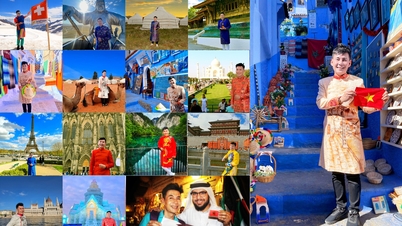

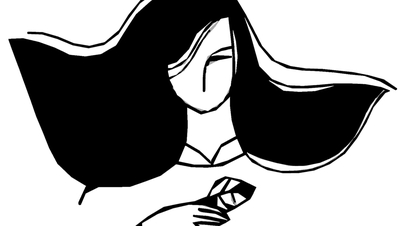

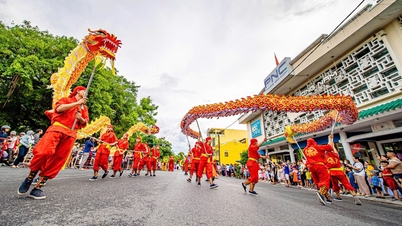

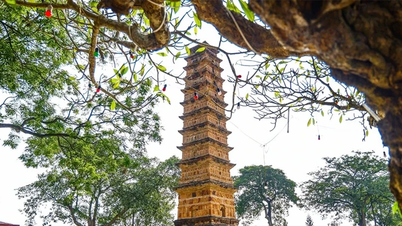



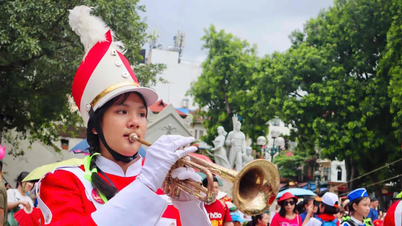

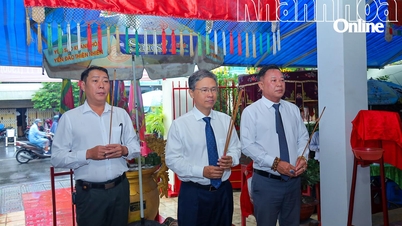



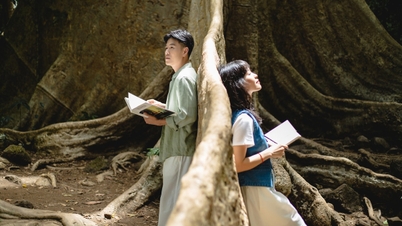

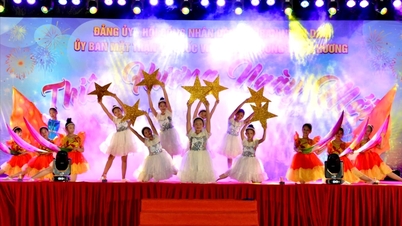
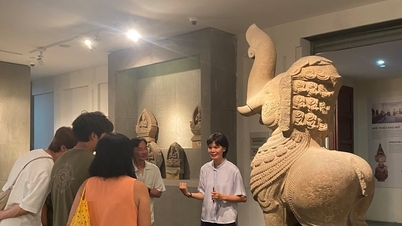

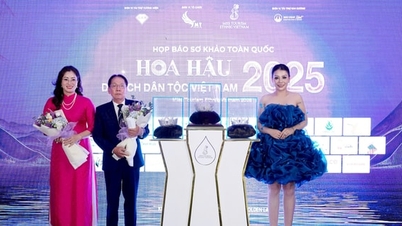




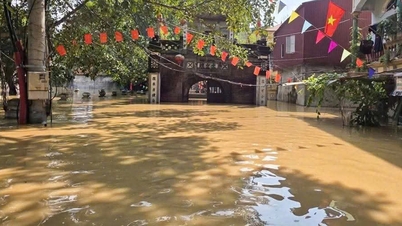

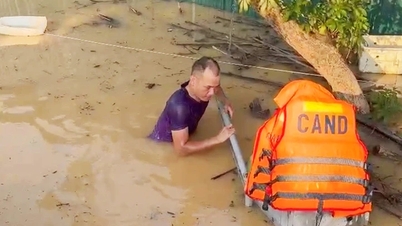
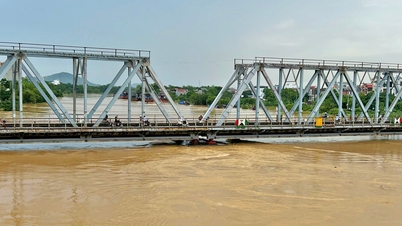

































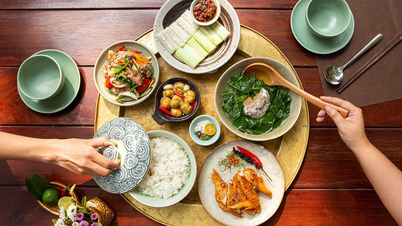
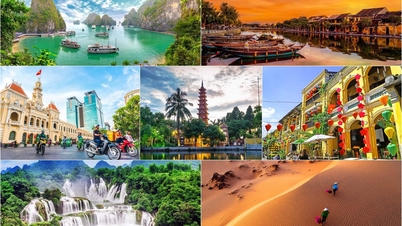



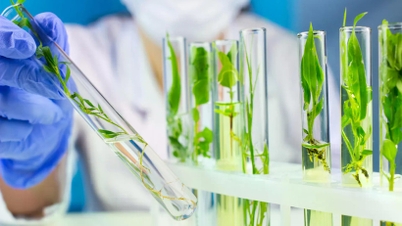
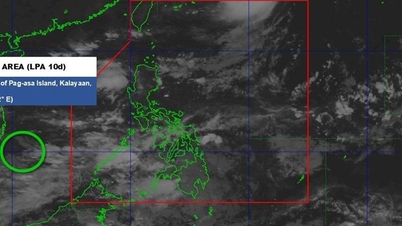


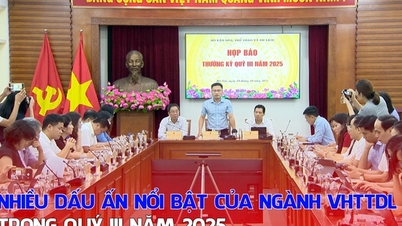

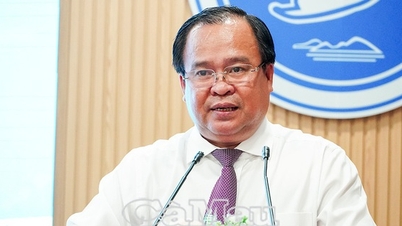

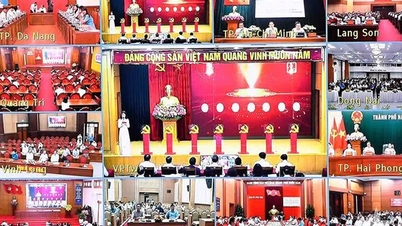
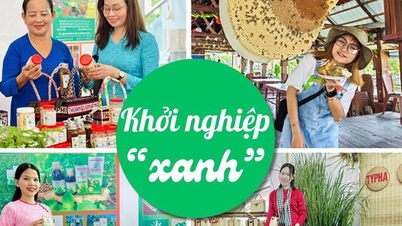
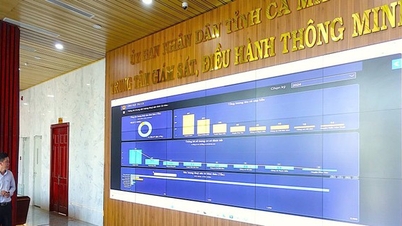
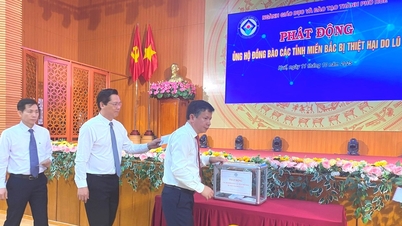
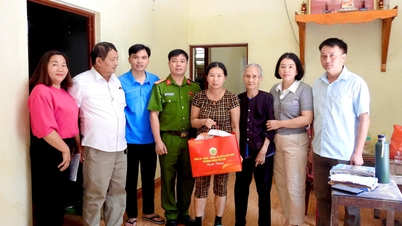

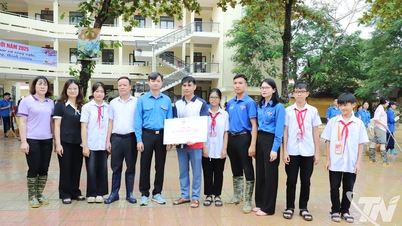

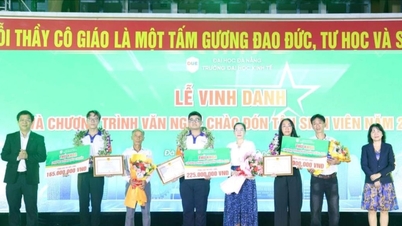
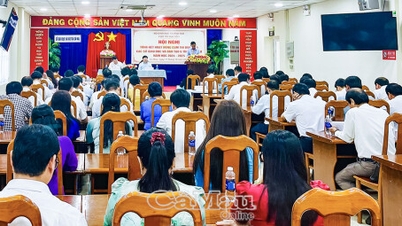

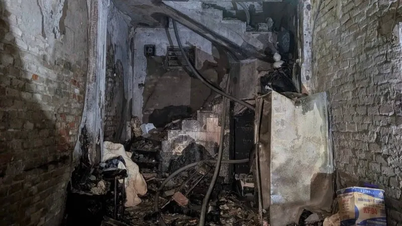












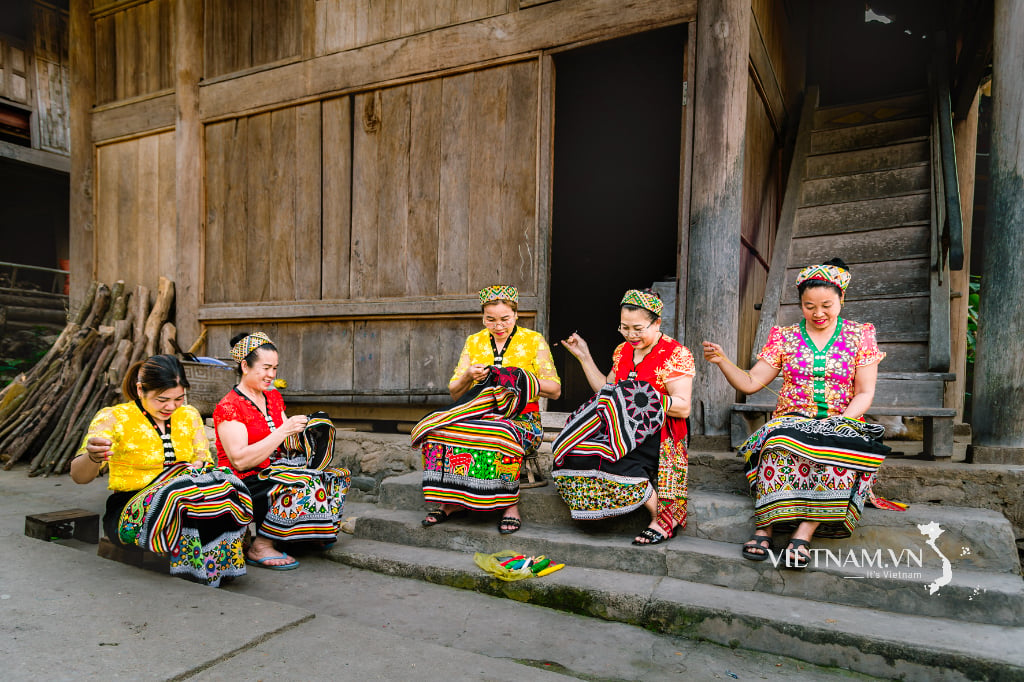

Comment (0)